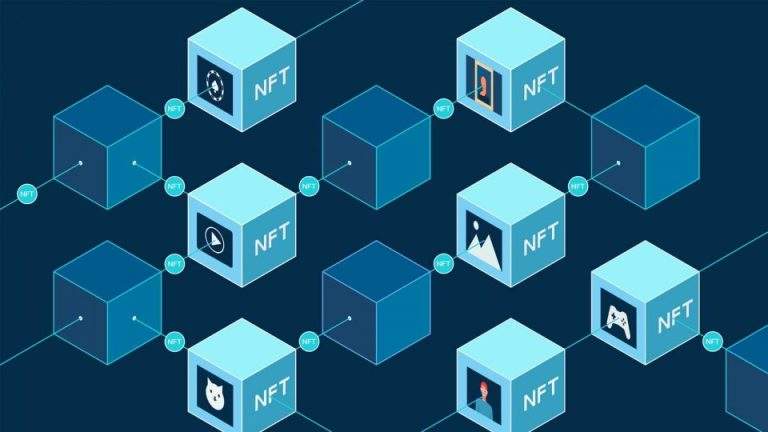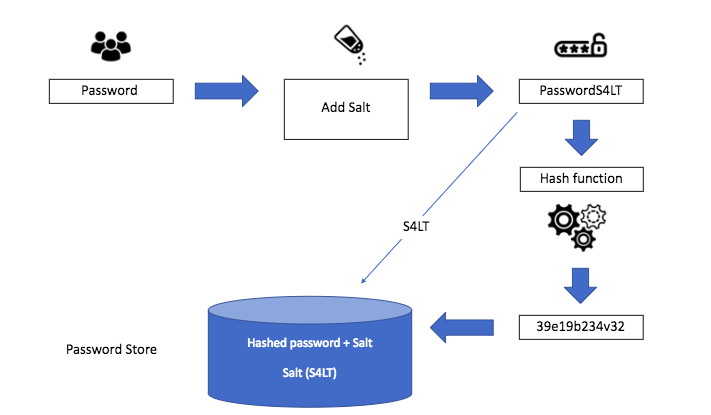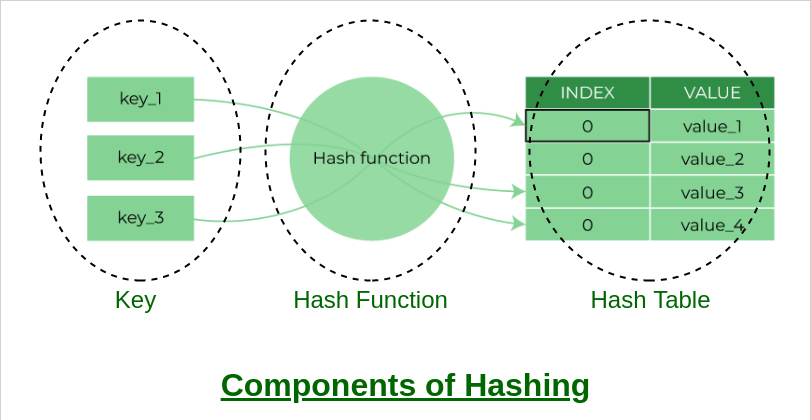Blockchain technology is a digital ledger system that is used to record and track transactions across a decentralized network of computers. It is the underlying technology behind cryptocurrencies like Bitcoin, but it has many other potential uses as well.
The key feature of blockchain technology is that it is decentralized, meaning that there is no central authority controlling it. Instead, transactions are recorded and tracked on a distributed network of computers, which ensures that the data is tamper-proof and secure.
Each block on the blockchain contains a number of transactions, and each block is linked to the previous one through the use of cryptographic hashes. This creates a chain of blocks, hence the name “blockchain.” Once a block is added to the blockchain, it cannot be altered, which ensures the integrity and immutability of the data.
One of the most popular uses of blockchain technology is in the creation of digital currencies, such as Bitcoin. Bitcoin is the first decentralized digital currency that uses blockchain technology to record and track transactions. In a Bitcoin transaction, the sender uses their private key to authorize the transfer of a certain number of Bitcoins to the recipient’s public address. This transaction is then broadcast to the entire network and added to the next block on the blockchain.
Blockchain technology also has many potential uses beyond digital currencies. For example, it can be used to create smart contracts, which are self-executing contracts with the terms of the agreement between buyer and seller being directly written into lines of code. The code and the agreements contained therein exist over a decentralized network and exist as a parallel to legal contracts.
Another potential use of blockchain technology is in supply chain management. By using blockchain, businesses can track the movement of goods from the manufacturer to the consumer, which can help to improve transparency and efficiency in the supply chain.
In addition, blockchain technology can also be used in voting systems, where voters can use blockchain-based digital ballots to cast their votes securely and anonymously. This can help to ensure that the voting process is transparent and tamper-proof.
Despite its many potential uses, blockchain technology is still in the early stages of development. There are many challenges that need to be overcome, such as scalability and regulation, before it can be widely adopted. Nevertheless, many experts believe that blockchain technology has the potential to revolutionize the way we do business and interact with technology.
blockchain technology is a revolutionary development that has the potential to change the way we conduct transactions and manage data. Its decentralized nature ensures the security and integrity of the data and can be applied in many different fields like finance, supply chain, voting systems, and more. However, there are still many challenges that need to be overcome before blockchain technology can be widely adopted, but with continued research and development, it has the potential to become a fundamental part of our daily lives.
Future of Blockchain technology
The future of blockchain technology is widely considered to be very promising, with many experts believing that it has the potential to revolutionize a wide range of industries.
One of the most promising areas for blockchain technology is in the financial industry. Blockchain-based digital currencies, like Bitcoin, have already disrupted the traditional banking system, and many experts believe that blockchain technology has the potential to further disrupt the financial industry by reducing the need for intermediaries, such as banks, in financial transactions.
Another area where blockchain technology is expected to have a big impact is in supply chain management. By using blockchain to track the movement of goods from the manufacturer to the consumer, businesses can improve transparency and efficiency in the supply chain, which can help to reduce costs and increase customer trust.
Blockchain technology is also expected to play a significant role in the Internet of Things (IoT). By using blockchain to securely store and share data from IoT devices, businesses can improve the efficiency and security of their operations.
In the field of identity management, blockchain technology can be used to create a decentralized and secure system for storing and managing personal information. This can help to improve the privacy and security of personal data, and make it harder for hackers to steal personal information.
Blockchain technology is also expected to play a significant role in the field of healthcare, where it can be used to securely store and share patient data, which can help to improve the efficiency and effectiveness of healthcare delivery.
In the field of voting systems, blockchain technology can be used to create tamper-proof digital ballots, which can help to ensure the integrity and transparency of the voting process.
Despite these many potential applications, the future of blockchain technology is not without challenges. One of the biggest challenges is scalability, as the current blockchain technology is not capable of handling the number of transactions required for mainstream adoption. Additionally, there is still a lack of regulation and standardization in the field of blockchain technology, which can make it difficult for businesses to adopt it.
the future of blockchain technology is very promising and it has the potential to revolutionize many different industries. However, it’s still in the early stages of development and there are many challenges that need to be overcome before it can be widely adopted. Nevertheless, with continued research and development, blockchain technology has the potential to become a fundamental part of our daily lives.













